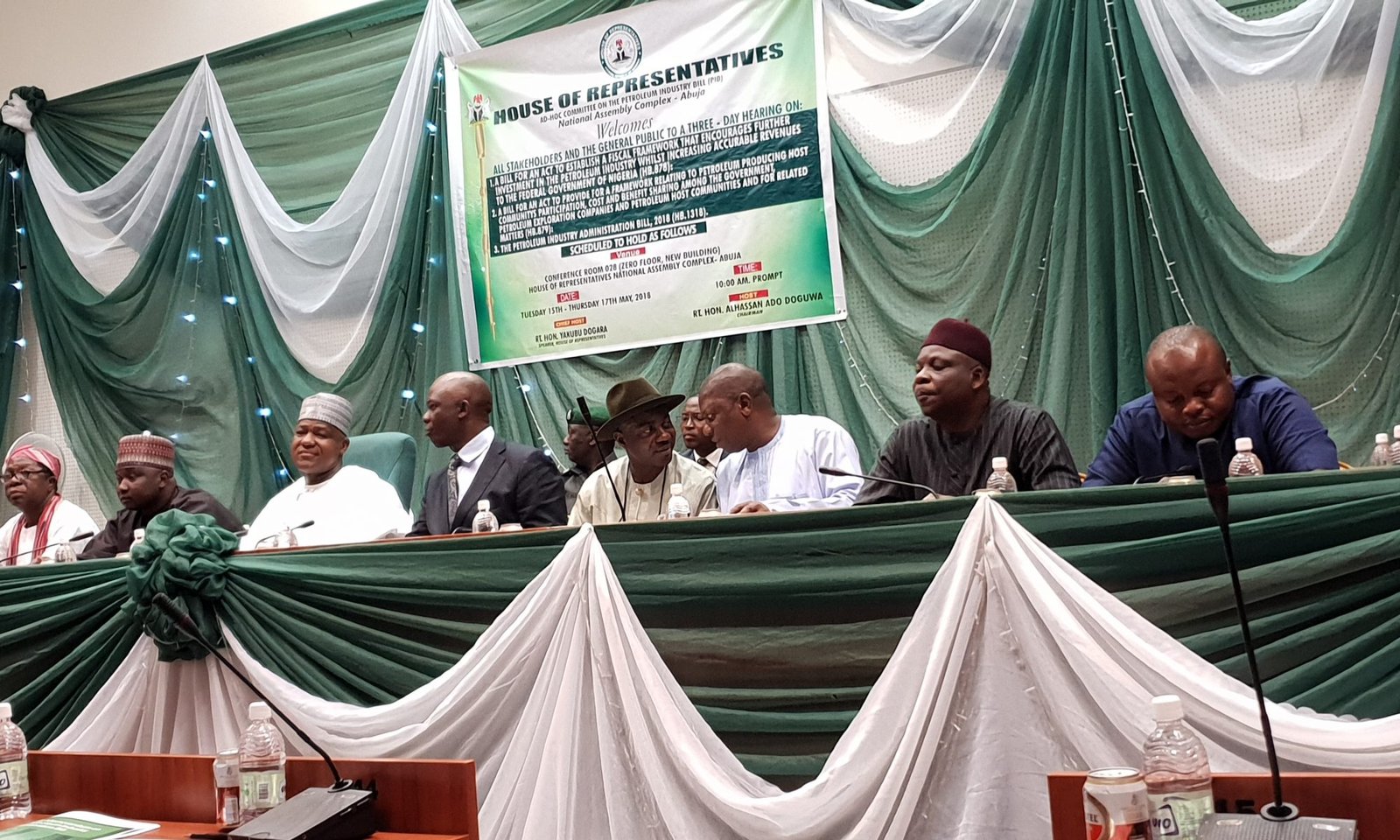- Aggressive relinquishment – post-production license too aggressive and should be limited to 50% of acreage
- Dormant fields – concerns around the “retroactive” provisions regarding dormant fields and a recommendation that it should only apply after the passage of the Bill;
- Domestic crude supply obligation – there should be no DCSO and crude purchase in the domestic market should be commercially negotiated;
- Segregation of the operating sectors – delineation of the sectors should take into account existing investments and should only apply to new investments;
- Gas flaring provisions are too penal and will not achieve the intended goal of ending flaring;
- Excessive power of the Commission – the powers of the Commission are excessive in some areas
- Total MD fully supportive of the efforts to eliminate gas flaring through the various projects which they have recently commissioned. They are however concerned about the punitive nature of the Bill’s provisions and would recommend the encouragement of the development of infrastructure to bring gas to the market. He also recommended that safety and emergency flaring be removed from the punitive provisions.
- Chevron MD concerned about the provisions relating to the delineation of the sectors by the Commission.
- Exxon Mobil MD raised concerns around acreage management. The length of term of the exploration period of 5 years is too short and should be increased to 7 years. The provisions relating to dormant fields should apply to fields discovered after the passage of the bill. The provisions relating to post-production acreage relinquishment too aggressive.
- NAOC MD concerned about the excessive powers of the Commission. In particular the power to impose penalties. Concerned about tariff methodology and worried about alleged lack of consultation. Penalties do not appear to take into account the severity of the infringement.
Honourable Speaker declares the public hearing open
Public Hearing on the Petroleum Industry Reforms about to commence
We will be live blogging important points from the session at the House of Representatives today.
PIAB – What Happens to Existing OPLs and OMLs?
Under the Petroleum Act 1969, the Minister may award among others, an Oil Prospecting Licence (OPL) and an Oil Mining Lease (OML) for petroleum developments. The OPL is usually a precursor to the OML and is granted for the exploration/prospecting phases of petroleum development. Once petroleum is discovered in commercial quantities, the OPL may be converted to an OML which is used for the development and production phase. The PIAB introduces the Petroleum Licence (PL) which combines the exploration/prospecting phase with the development and production phases. What happens to existing OPL and OML holders? Continue reading “PIAB – What Happens to Existing OPLs and OMLs?”
PIAB – Assignment of licences
The issue of consent to the transfer or assignment of licence interests has always posed a challenge in Nigerian oil and gas transactions. The case of Moni Pulo Vs. Brass Exploration Ltd & 7 ors as well as the Department of Petroleum Resources’ Guidelines and Procedures for Obtaining Minister’s Consent to the Assignment of Interest in Oil and Gas Assets have not helped to clarify which transactions require ministerial consent. Continue reading “PIAB – Assignment of licences”
PIAB – Who issues Petroleum Licences?
Under the provisions of the Petroleum Act, the Minister of Petroleum Resources has the absolute discretion to award oil prospecting licences and oil mining leases. The PIAB in its section 8 provides for a process through which the Commission may award upstream licences. Continue reading “PIAB – Who issues Petroleum Licences?”
New – PIAB proposes new upstream licensing system
The Petroleum Industry Administration Bill recently published by the National Assembly proposes a new upstream petroleum licensing system. Under the Petroleum Act, the Petroleum Minister may award three types of licences – the Oil Exploration Licence (OEL), the Oil Prospecting Licence (OPL) and the Oil Mining Lease (OML). The PIAB has reduced these to two – the Exploration Licence (EL), which is similar to the current OEL and the Petroleum Licence (PL), which is a combination of the OPL & the OML. Continue reading “New – PIAB proposes new upstream licensing system”
National Assembly releases copies of the Petroleum Industry Bills
The National Assembly today (30th of April, 2018) published the Petroleum Industry Administration Bill, the Petroleum Industry Fiscal Bill and the Petroleum Host and Impacted Communities Development Bill.
The bills are slated for public hearing at the House of Representatives on the 15th – 17th of May 2018 and in the Senate on the 22nd – 24th of May 2018.
We shall provide highlights of the provisions of the bills shortly.
Copy of Harmonised Petroleum Industry Governance Bill 2018
A copy of the Petroleum Industry Governance Bill 2018, which harmonises the different versions may be found here. Our review of the Bill does not show significant changes from the Bill passed by the Senate in 2017. A more detailed analysis of the Bill will follow.
House of Reps announces Public Hearings on three petroleum industry reform bills
The House of Representatives has announced that public hearings are to take place on the 23rd – 26th of April, 2018 on the Petroleum Industry Fiscal Bill, the Petroleum Host Community Bill and the Petroleum Industry Administration Bill. These three bills as well as the Petroleum Industry Governance Bill, which was passed by the National Assembly and is awaiting presidential assent, constitute the full reform package being proposed by the National Assembly in the reforms of Nigeria’s petroleum industry. Continue reading “House of Reps announces Public Hearings on three petroleum industry reform bills”





